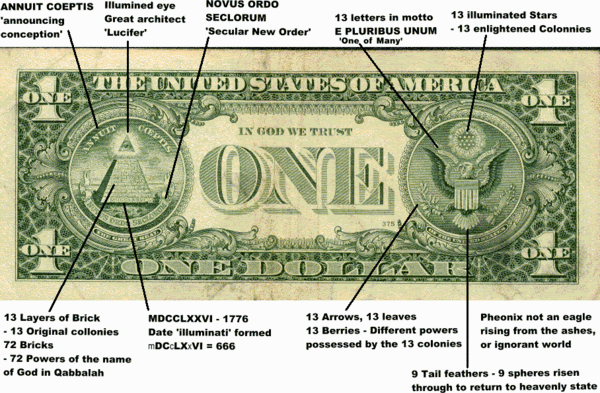Inside Job.

Back at the end of the year I was all for TARP because I bought the load that my little mind was unable to grasp the great complexities of the market, that the Fed and Treasury folks must know more than I do, that I didn't want the entire world economy as we know it to collapse and that not bailing out the big banks would lead to collapse. Matt Taibibi and the past months of watching the mess that is Geitner and Bernanke have convinced me otherwise.
If we're lucky - and it's not looking like we are as Obama continues to rely on the "expertise" of the insiders who got us here - the struggle that is taking place right now between the Obama administration and The Fed, the Treasury and Wall Street will determine our country's welfare, and perhaps the world's. I like to think that our government still has the power to reign in the enormous financial entities like Goldman, AIG, Citi and others who have worked themselves into not only controlling our financial well-being but regulating that control. Taibbi makes our current situation look as dire as the anti-capitalists predicted it was years ago - class warfare on the grandest scale. We had our warning, Congress gave up their controls, we stopped teaching ourselves and our children about finances, we ceded control of our markets to the billionaires, we sold out our workers, our health, our children, and our retirements. Now we owe our souls to the company store, the clerks have been doing an inside job on us. It's time to bone up, to ask the questions we've failed to ask since the New Deal-era regulations were dismantled, it's time we start paying attentions as citizens again.
I've lost a lot of the faith in Obama that had me donating money to the campaign and weeping at the inauguration. I will swear allegiance once again when he wrests authority and power from the insiders of Wall Street. It is time for the transparency we were promised.
For me, it's time to know more about the Federal Reserve. Why is it they are not answerable to congress? Who really controls our financial system? I have some reading to do.
Here's a clip of the article by Taibbi. Spread it far and wide - but don't miss the comments at the Rolling Stone site.
While the rest of America, and most of Congress, have been bugging out about the $700 billion bailout program called TARP, all of these newly created organisms in the Federal Reserve zoo have quietly been pumping not billions but trillions of dollars into the hands of private companies (at least $3 trillion so far in loans, with as much as $5.7 trillion more in guarantees of private investments). Although this technically isn't taxpayer money, it still affects taxpayers directly, because the activities of the Fed impact the economy as a whole. And this new, secretive activity by the Fed completely eclipses the TARP program in terms of its influence on the economy.
No one knows who's getting that money or exactly how much of it is disappearing through these new holes in the hull of America's credit rating. Moreover, no one can really be sure if these new institutions are even temporary at all — or whether they are being set up as permanent, state-aided crutches to Wall Street, designed to systematically suck bad investments off the ledgers of irresponsible lenders.
"They're supposed to be temporary," says Paul-Martin Foss, an aide to Rep. Ron Paul. "But we keep getting notices every six months or so that they're being renewed. They just sort of quietly announce it."
None other than disgraced senator Ted Stevens was the poor sap who made the unpleasant discovery that if Congress didn't like the Fed handing trillions of dollars to banks without any oversight, Congress could apparently go fuck itself — or so said the law. When Stevens asked the GAO about what authority Congress has to monitor the Fed, he got back a letter citing an obscure statute that nobody had ever heard of before: the Accounting and Auditing Act of 1950. The relevant section, 31 USC 714(b), dictated that congressional audits of the Federal Reserve may not include "deliberations, decisions and actions on monetary policy matters." The exemption, as Foss notes, "basically includes everything." According to the law, in other words, the Fed simply cannot be audited by Congress. Or by anyone else, for that matter.
Labels: politics

